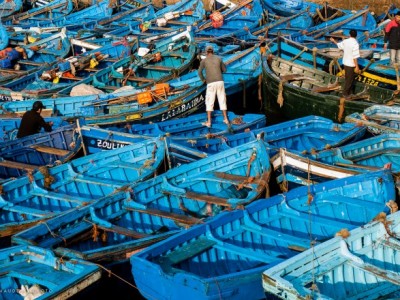COP21: Policy strategies beyond CO2 emission targets
Based on the current trajectory of human-induced impacts on the environment, it is clear that we are pushing the oceans and marine ecosystems to unprecedented limits. Environmental changes in ocean properties have led to an array of ecological responses, from shifts in the composition of the ocean’s phytoplankton to changing distributions of fish species.





